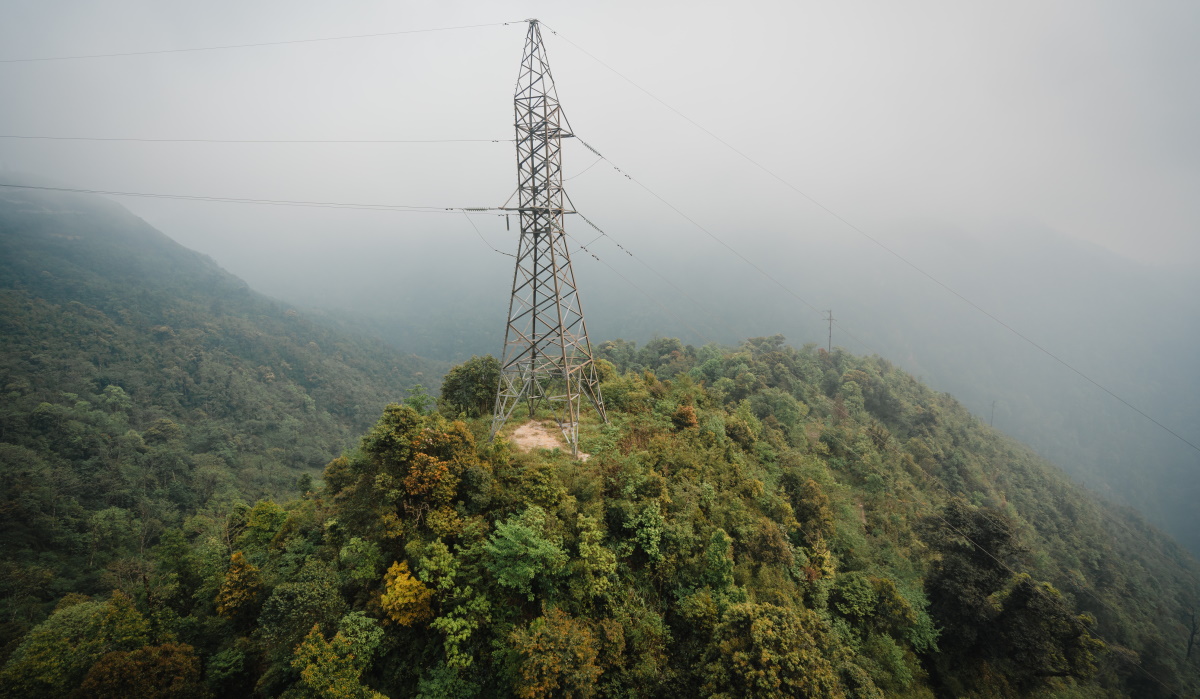Texas Power Crisis: Market or Regulatory Failures?
In a new blog, John Rhys explores factors linked to the near-catastrophic failure of the power supply currently happening in Texas with reference to the similar situation that California experienced in 2001.
Both examples raise questions as to the viability of highly market-driven power systems, which contrast with the stability of more integrated models of the East Coast of the US, and internationally. The answers matter, not just for Texas, but for developed and developing economies everywhere.
Some commentators have pointed to the variability of wind as an explanation or the fact the turbines have frozen- John disputes this, as it is a known risk that can be easily managed in a well-functioning sector, as other states have successfully done. We need to look further for adequate explanations of failure to provide reserve capacity.
John explores the Texan economic model for power, that uses an administered scarcity price which, in theory, should incentivise sufficient capacity at all times. A reason why this approach is not working therefore is possible due to a lack of credibility in this approach resulting in investors feeling unconfident of a secured return on investment.
There is rarely a single or simple explanation for such extreme events. Another cause may be the governance and regulatory arrangements in Texas, and the role of the Electric Reliability Council of Texas.
John makes a comparison with the development UK market models, and of the emergence of capacity markets to supplement so that investment in new power capacity does not depend on investors responding only to market price signals and guessing future prices in the “energy only” electricity market. Now, virtually all new UK generating capacity results either from government choices, long term contracts (nuclear plant), from feed in tariffs, or from capacity auctions.
John calls for deeper scrutiny of the “standard model” of unbundled utilities, wholesale and retail competition, independent regulation and excessive reliance on markets, as it looks increasingly incapable of responding to today’s policy challenges, of which the climate emergency is just one.
Read more here.
Photo by Matthew T Rader on Unsplash




